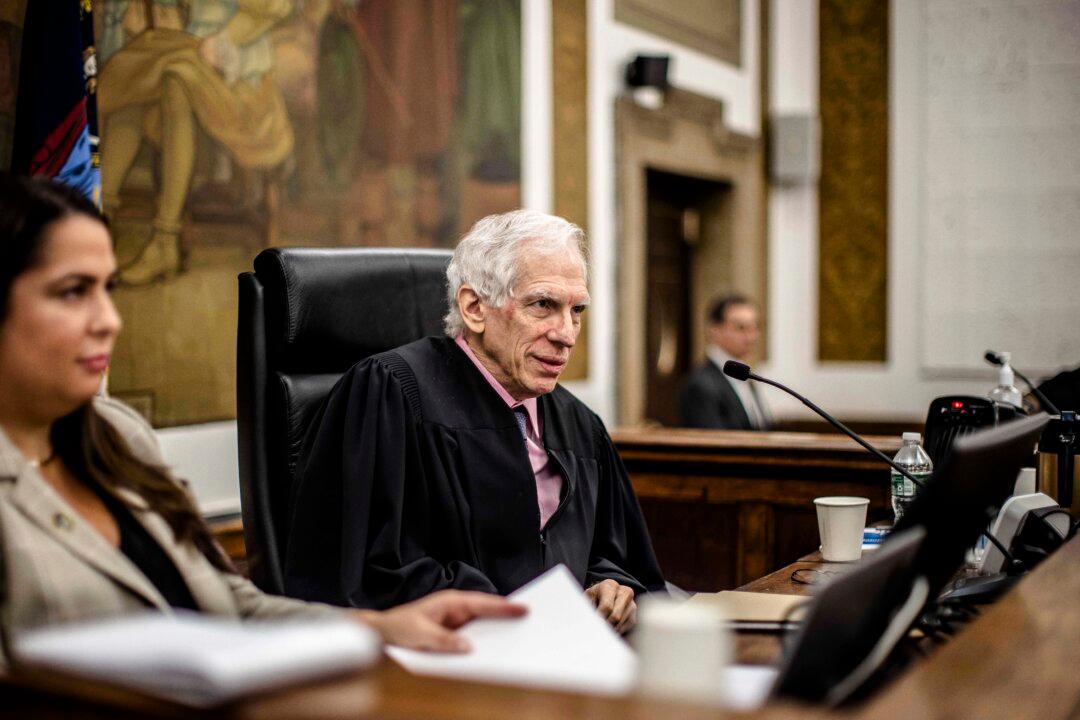New York Supreme Court Justice Arthur Engoron, who ordered the $454 million penalty on former President Donald Trump in his civil fraud case, on July 9 allowed for the subpoena of Adam Leitman Bailey, an attorney who claimed he advised the judge prior to the final ruling.
“The subpoena is not wholly without merit,” wrote Justice Engoron in a July 9 order, granting Mr. Bailey’s request that the subpoena be narrowed but denying the motion to quash it in its entirety.





